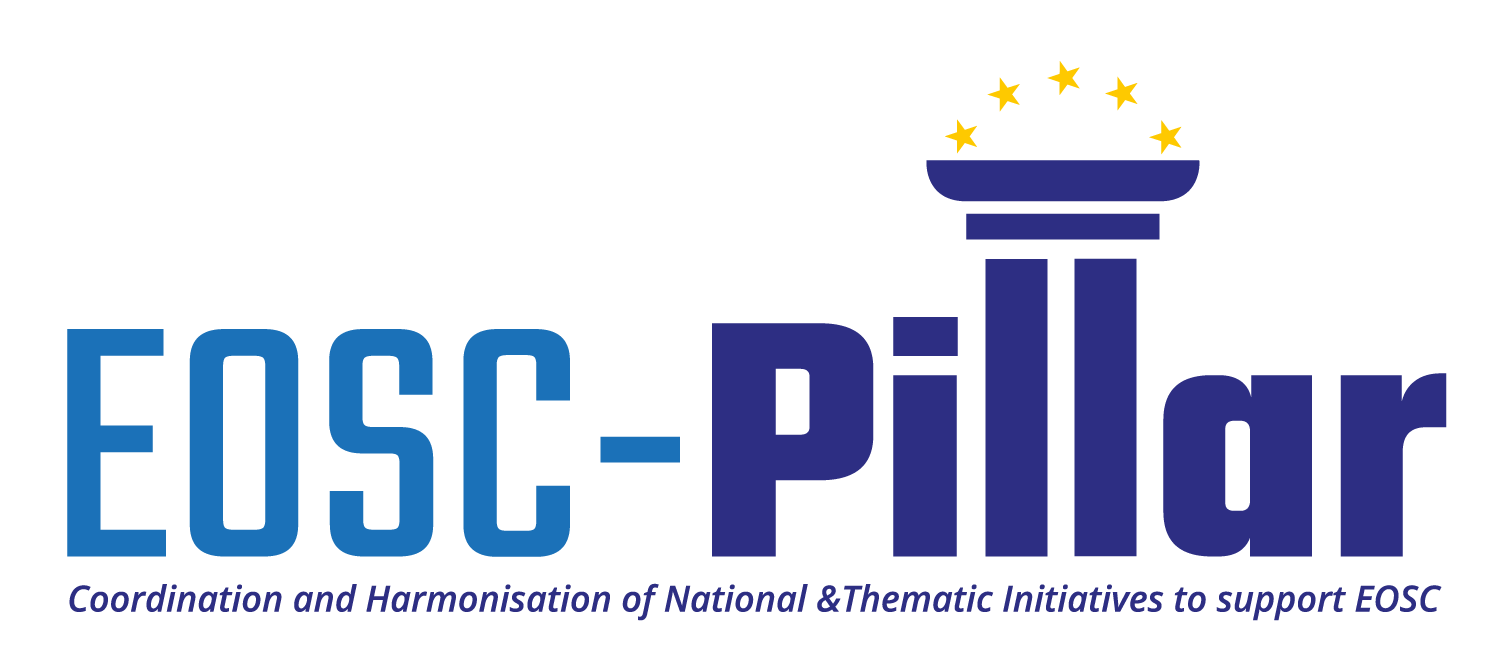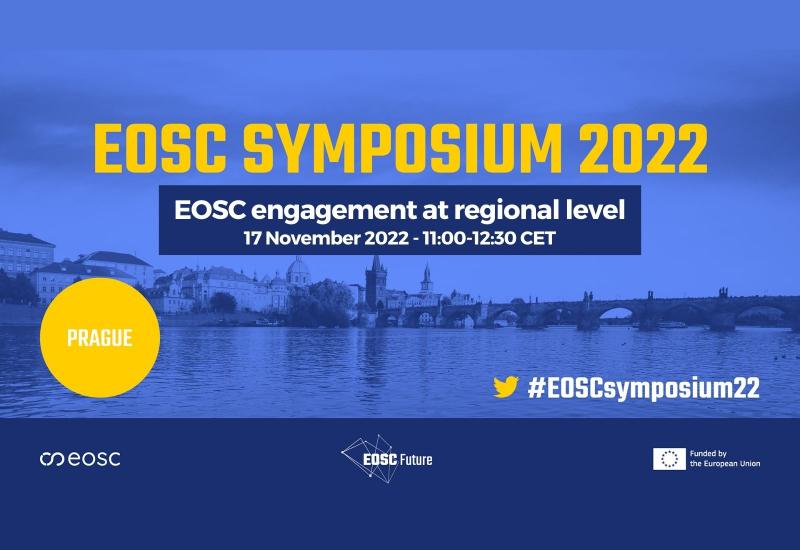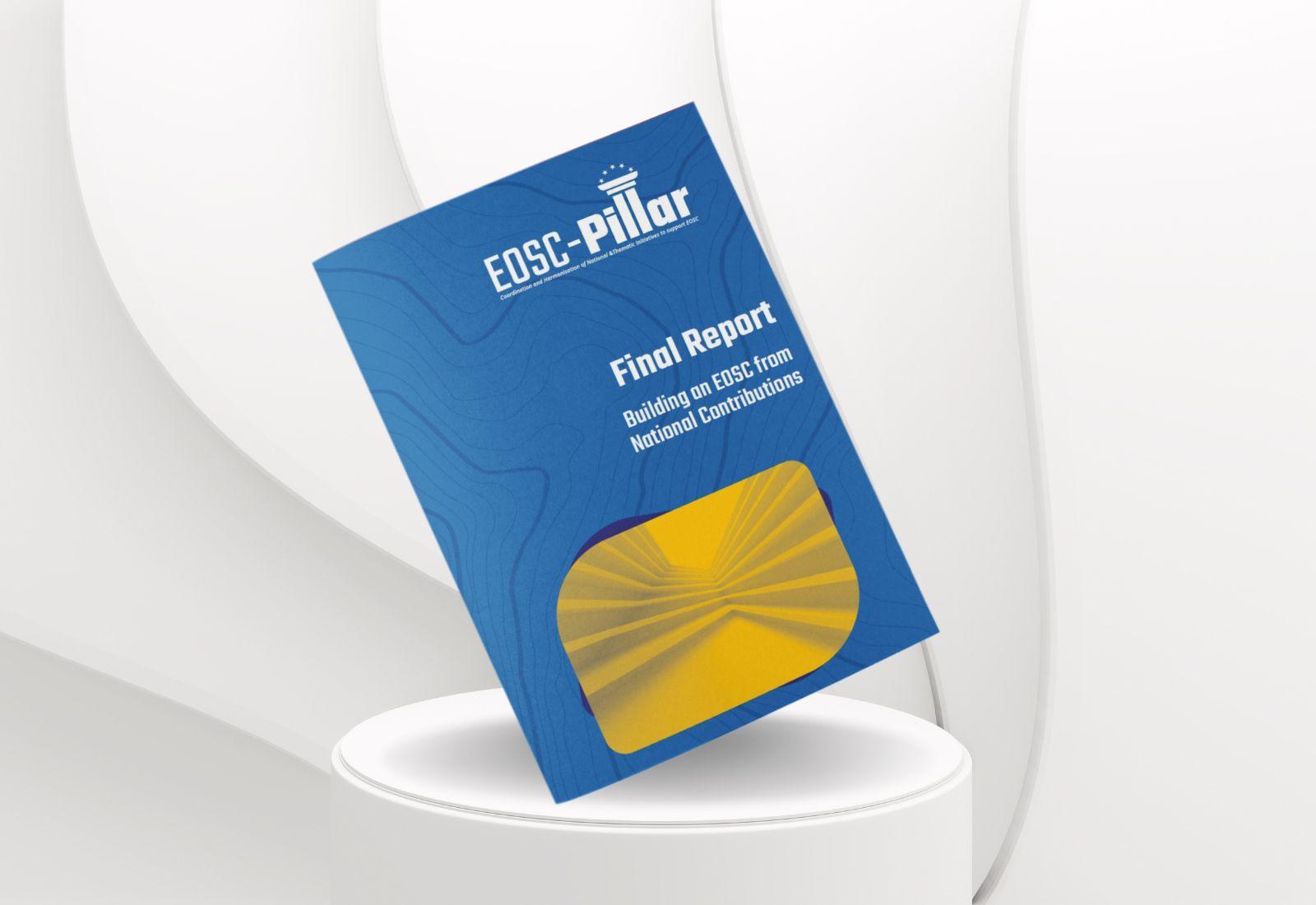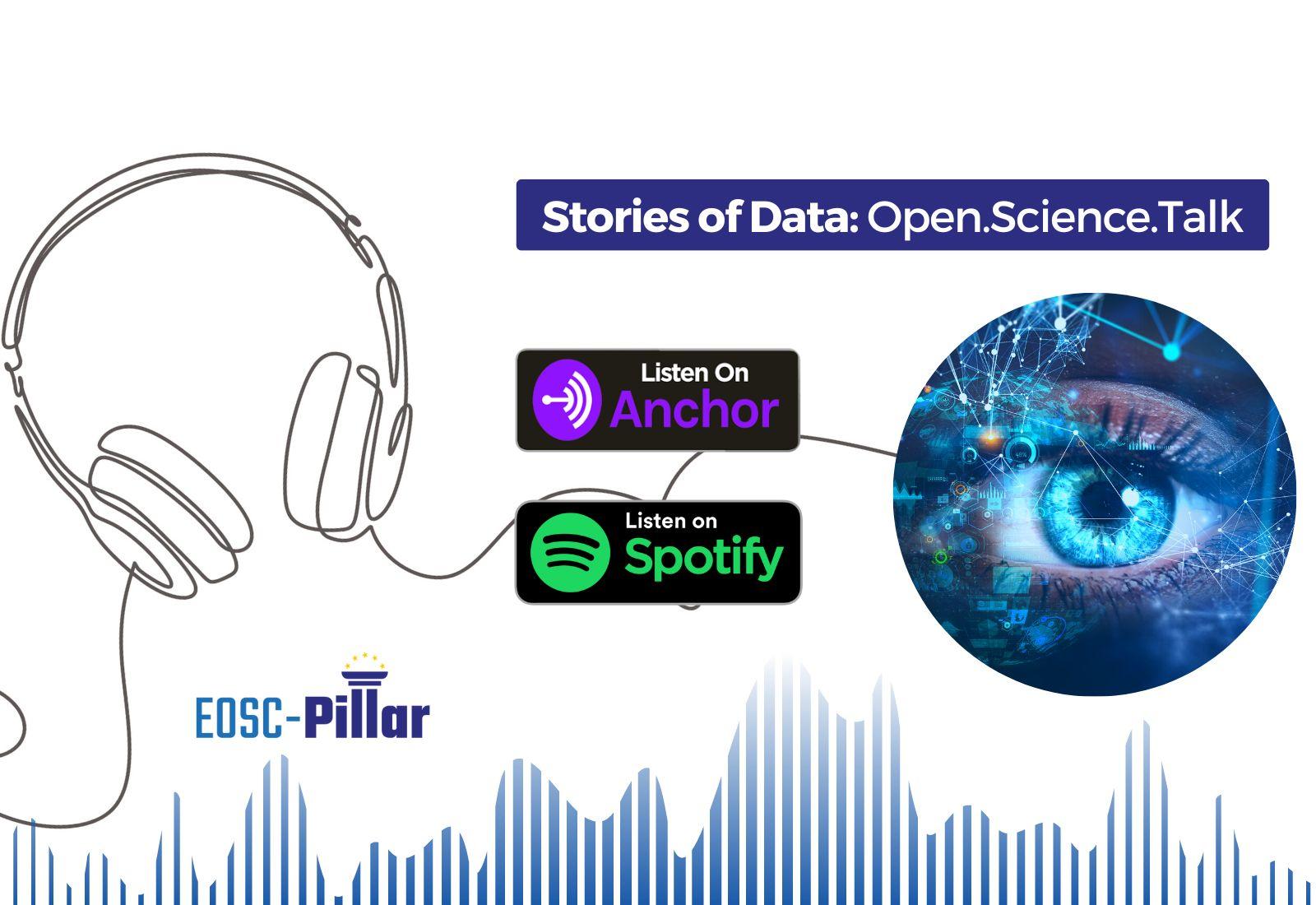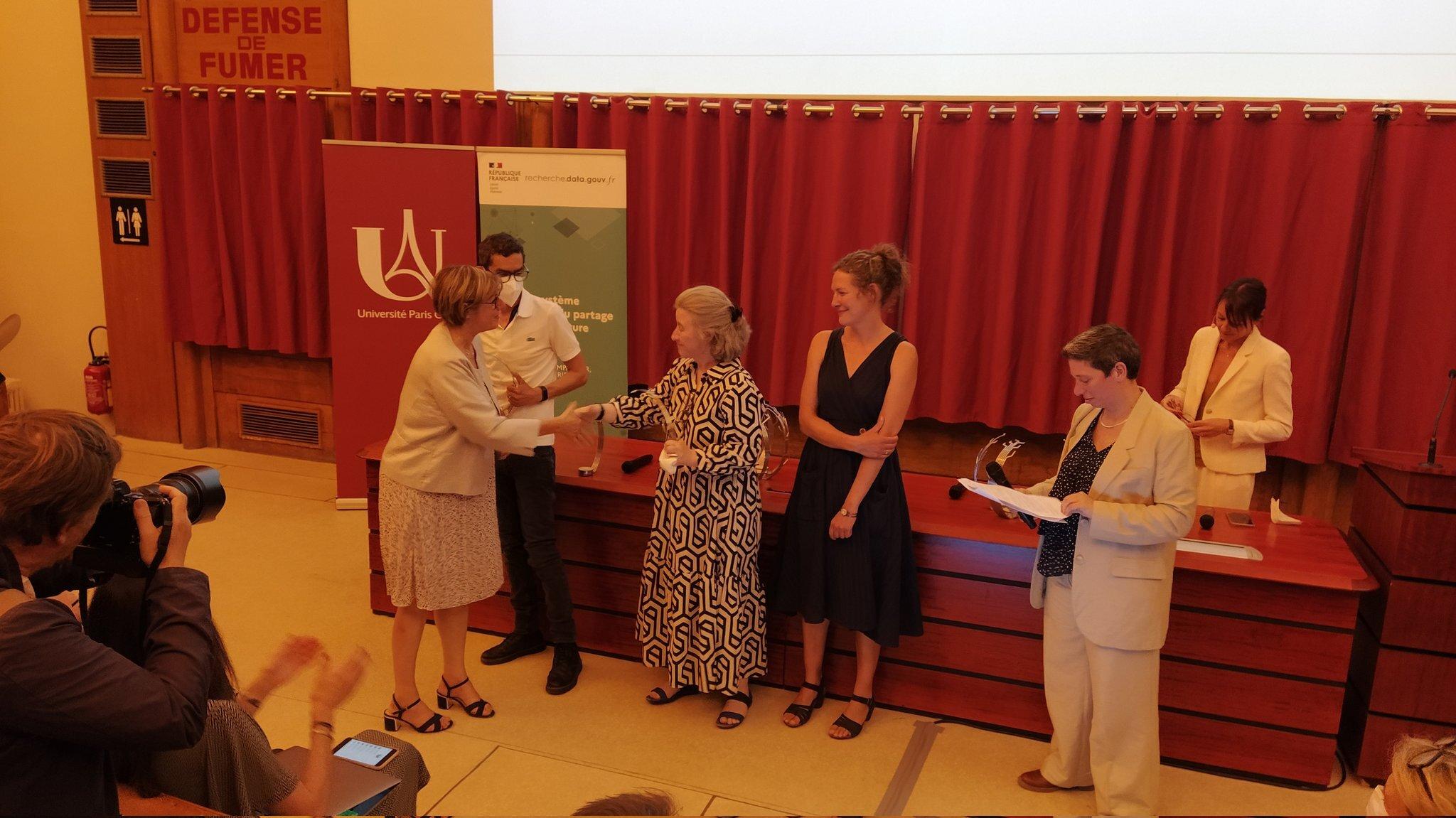
EOSC Training
November
25,
2021
Insight

This article is taken from the EOSC-Pillar Second Annual Report, you can download the full report here.
By Emma Lazzeri, CNR & Inge Van Nieuwerburgh, UGent
EOSC-Pillar is immersed in an environment of existing projects and initiatives that represents a unique opportunity for sharing, engaging and efficiently collaborating towards the common goal of building the European Open Science Cloud federated infrastructure for FAIR data. In this context, training and support are essential activities to facilitate Open Science practices adoption and promote FAIR principles toward the various stakeholders. Like the other INFRAEOSC-05 projects, EOSC-Pillar has a strong training component oriented toward the national stakeholders.
To support these activities EOSC-Pillar can build upon the results achieved by other initiatives in Open Science training thanks to its network of Partners that are connected and involved in other initiatives and projects such as the Community of practice of training coordinators, RDA groups on training, GoTRAIN, OpenAIRE, FOSTER.
EOSC-Pillar therefore counts on existing and past training initiatives and projects to achieve its goal of setting up support and training activities facilitating the diffusion and adoption of mainstream standards and approaches for FAIR research data management, and an efficient uptake of the EOSC services in the region covered by the EOSC-Pillar partners.
During year 2 of the project, the Task 5.4 - training modules on FAIR-oriented research data management tools and solutions - continued its mission to deliver training events on EOSC and Open Science related topics to different stakeholders. From July 2020 to July 2021, the project organised 10 training sessions delivered to the national communities in Belgium, Austria and Italy, and trained more than 600 participants. Due to the COVID-19 pandemic, the training was delivered remotely. All materials produced were openly made available through Zenodo and the EOSC-Pillar training and support catalogue. Training activities targeted different research communities (COVID-19 researchers, Earth and environmental sciences and Humanities) and were designed in collaboration with the relevant ESFRI Research Infrastructures in the fields. Training events were also co-designed with research performing organisations and universities with the aim of training different roles inside the institutions, from research support staff to researchers at various career stages.
EOSC-Pillar T5.3 focused on Research Data Management (RDM) standards and on creating awareness in different data stewardship approaches in order to harmonize support offered to researchers. First the requirements for the EOSC-Pillar Research Data Management Training and Support Catalogue have been drafted and subsequently designed and implemented leveraging D4Science technology. The catalogue adopts specifications for metadata elements and values based on recent outputs from the WP6 (FAIR Competence Centre) of the FAIRsFAIR project. The catalogue is intended for research support staff (e.g.,data stewards, project support, librarians, researchers). The work was subjected to a concentric feedback cycle going from the internal EOSC-Pillar community over to the Belgian community and then reaching out to a wider community. After the received feedback, a training workshop was held jointly with T5.4 and the catalogue was published as a first production release. As of the first release, continuous update and improvement is organised. The activities were promoted during various events, which included among others Belgian Open Science webinars during the Open Access week 2020 and a co-organised FAIRsFAIR / EOSC-Pillar workshop in the spring of 2021. Furthermore, the documentation for promoting FAIR practices and the support to FAIR oriented data stewardship is reported in “D5.4:FAIR-oriented research data management Support, Training and Assessment Activity Report”. Engagement with relevant initiatives is taken up, eg. through the OpenAIRE Training Coordinators Community of Practice.



